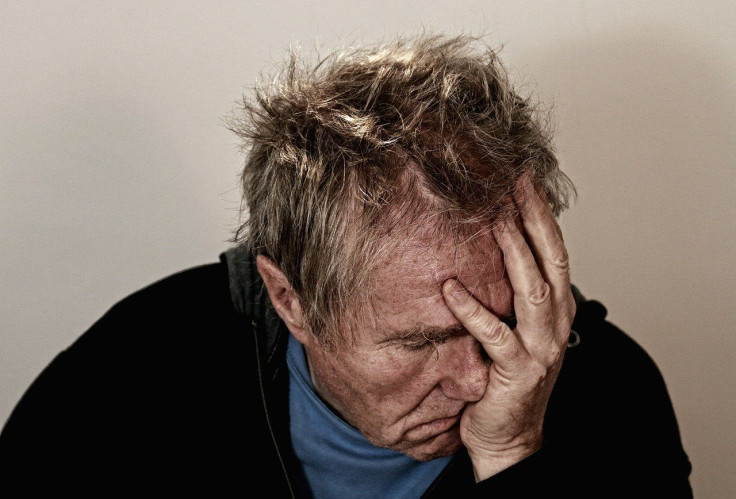PTSD Therapy Did Not Increase Risk Of Relapse In Addiction Patients
KEY POINTS
- Post-traumatic stress disorder therapy helps victims of traumatic events
- New study shows this therapy can be used to treat drug or alcohol addiction problems
- There is little evidence that the therapy will lead to an addiction relapse
There is little evidence that post-traumatic stress disorder talk therapy increases the risk of relapse for drug and alcohol addiction patients.
Around 25% of people with alcohol or drug addiction also have post-traumatic stress disorder (PTSD), oftentimes caused by a stressful or traumatic life event like rape and combat. One of the best methods of treating PTSD is through cognitive behavioral therapy. However, some providers are hesitant to use it on patients with addiction problems. The primary concern is thinking and talking about traumatic or stressful events may cause an alcohol or drug addiction relapse.
Researchers of a small new study published their findings saying talk therapy for PTSD patients does not seem to increase their risk of addiction relapse, according to US News and World Report. On the contrary, PTSD severity and emotional difficulties lessened after an initial therapy session.

"Now that we have evidence that treating PTSD won't impact recovery, patients can request therapy, and mental health providers have to make it available," said Jessica Peirce, the study’s author. She is a psychiatry and behavioral sciences associate professor at Johns Hopkins University School of Medicine in Baltimore.
In their study, published in the Journal of Traumatic Stress, Peirce’s team analyzed changes in cravings of 44 patients for opioids or other substances, self-reported times of drug use, and mental condition before and after the initial talk therapy. The researchers did not find evidence of an increase in drug usage or reported episodes of stress after undergoing PTSD therapy sessions.
By the time they came to the ninth PTSD treatment session, the patients’ severity scores decreased by 54% on the average. “There is a lot more resilience within this population than many health care providers give them credit for, and not offering the proper treatment is doing patients a disservice,” Peirce stated in a news release.
This recent study was an extension of a bigger project by Peirce and her team on how to encourage the often-reluctant addiction patients to submit to talk therapy for PTSD. They compared the attendance rate of opioid-dependent patients who were offered money as an incentive to undergo exposure therapy sessions for PTSD versus those who are encouraged to attend without an incentive. Researchers found patients who were offered money attended an average of nine exposure therapy sessions as compared to only one session for those who did not receive an incentive.
© Copyright IBTimes 2024. All rights reserved.





















